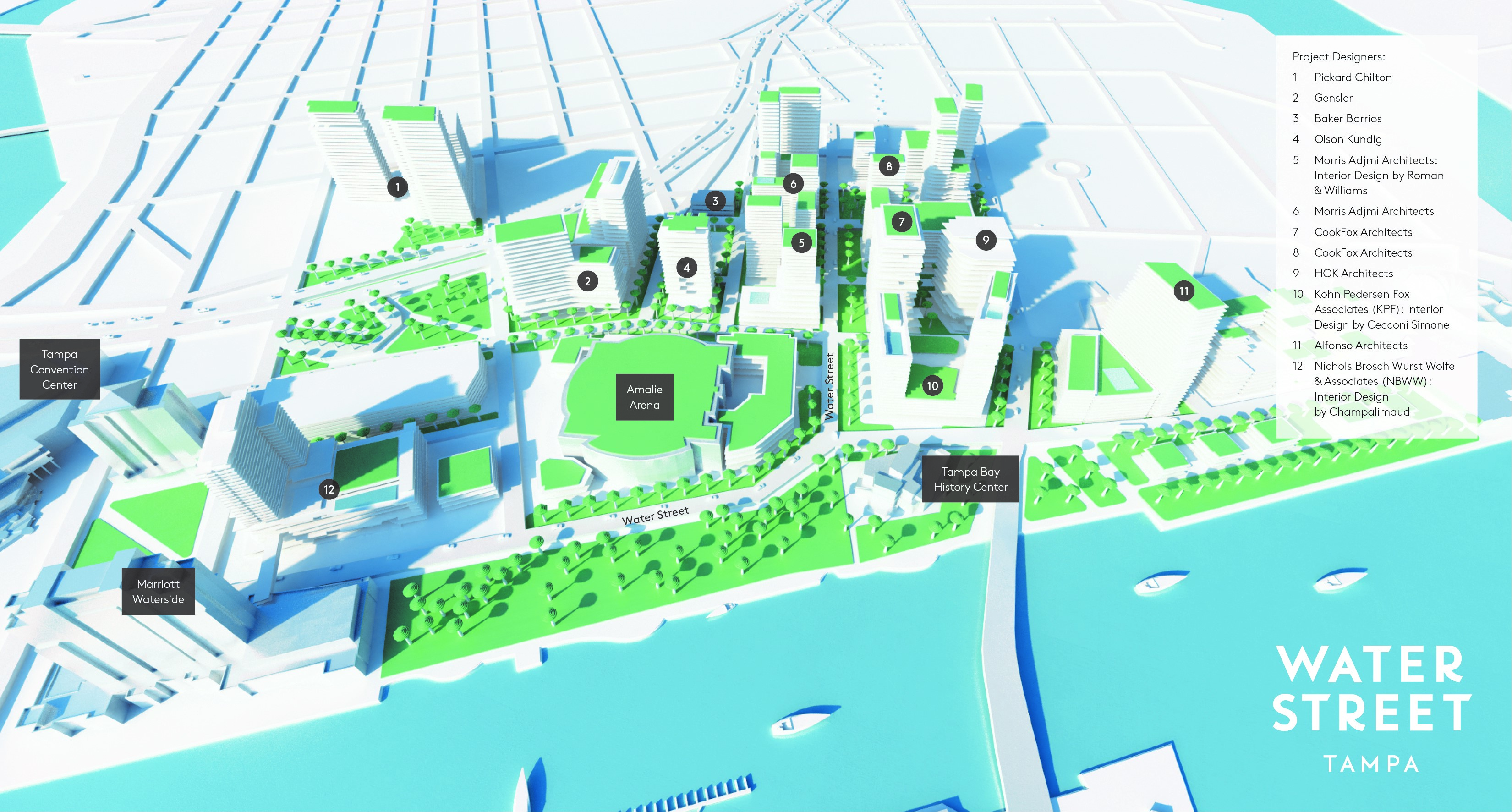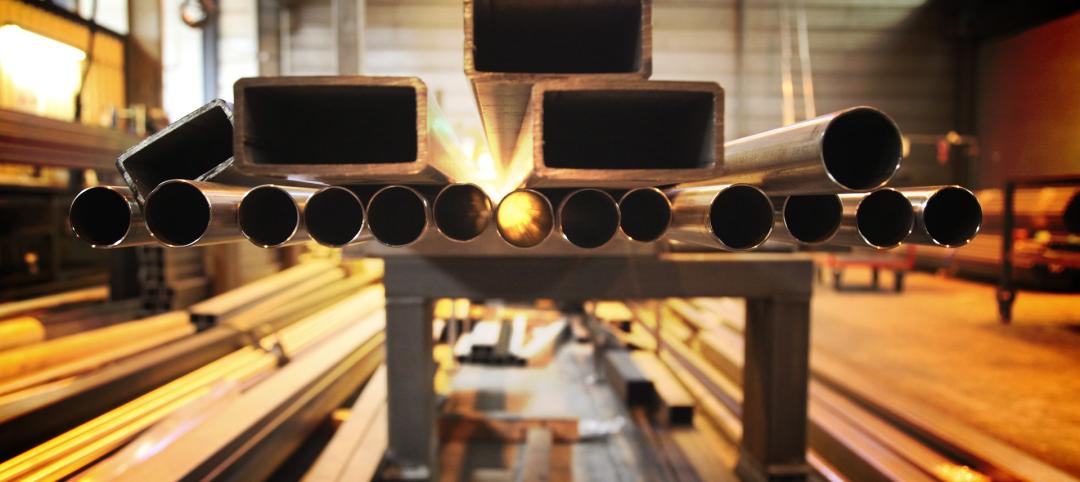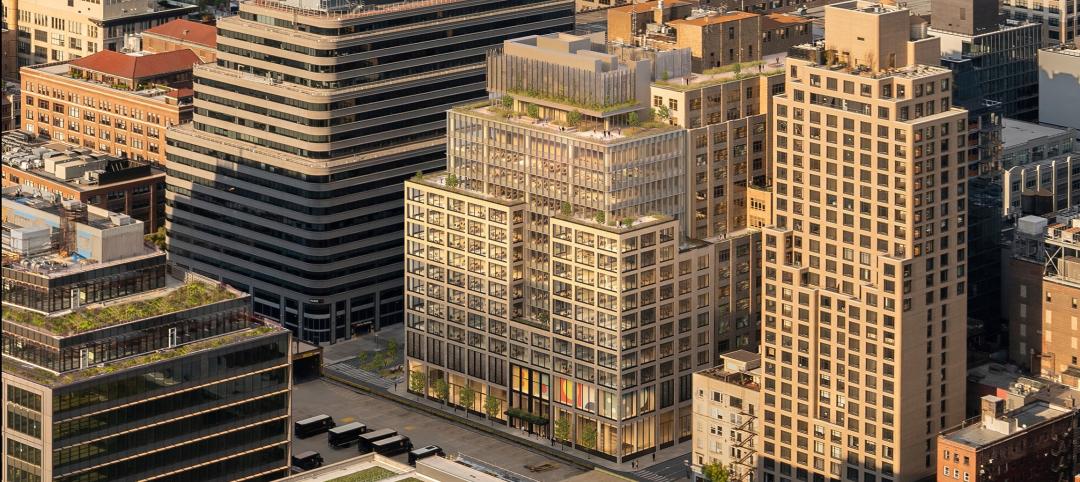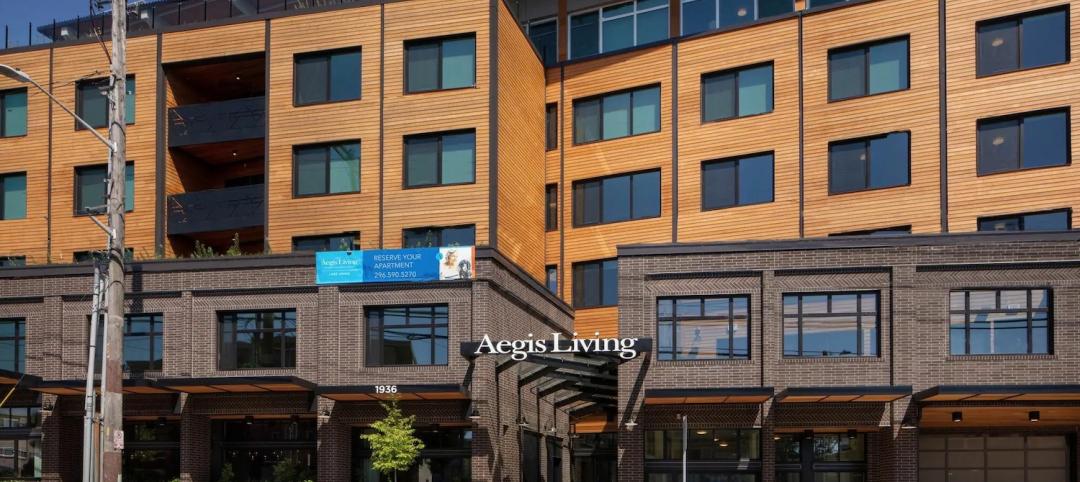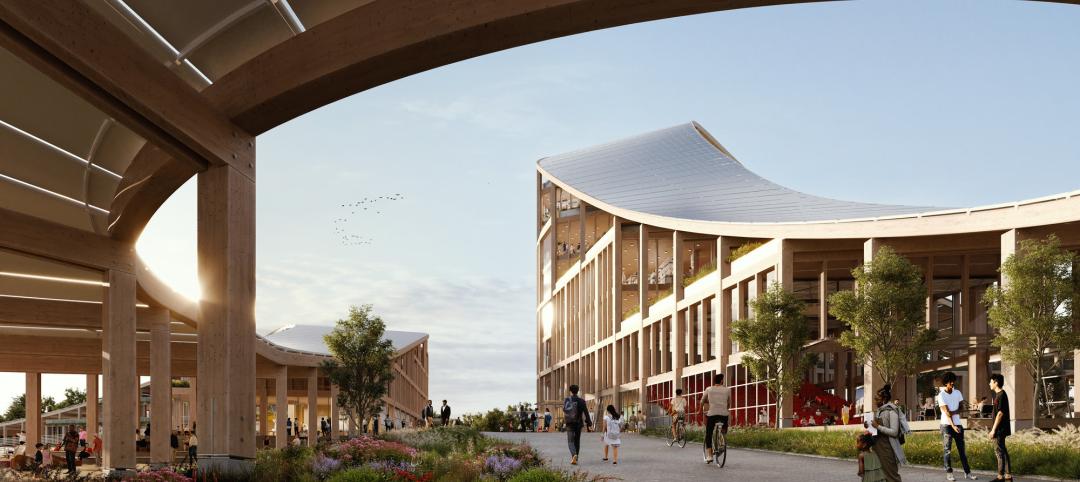After a summer of tumultuous and severe weather events that wreaked havoc on the Caribbean and the Southern United States, a certain segment of real estate and property managers still doesn’t see the value of incorporating resilience into their buildings or their operations.
That’s one of the key findings in Structure Tone’s second-annual Client Sustainability Report. The construction management firm polled a select group of 140 senior corporate real estate and facilities management professionals to gauge where sustainability comes into play for end users across the commercial real estate community.
Based on their responses, it would appear that “green building” is now mainstream. None of the respondents consider it a fad. More than three-fifths—62%—see LEED certification as a market differentiator, up nine percentage points from last year’s survey. And more than half of those polled agree that employees expect the buildings they work in to be LEED-certified.
Indeed, 45% of those polled said they would pay more to lease space in a green building. And 42% expressed concern about where their buildings rank in public energy disclosers.
“Last year there was a concern that when LEEDv4, a more stringent version of LEED, was implemented, many owners would simply stop pursuing certification. But our results show that’s simply not the case,” says Jennifer Taranto, LEED AP ID+C/BD+C, WELL AP, Structure Tone’s director of Sustainability.
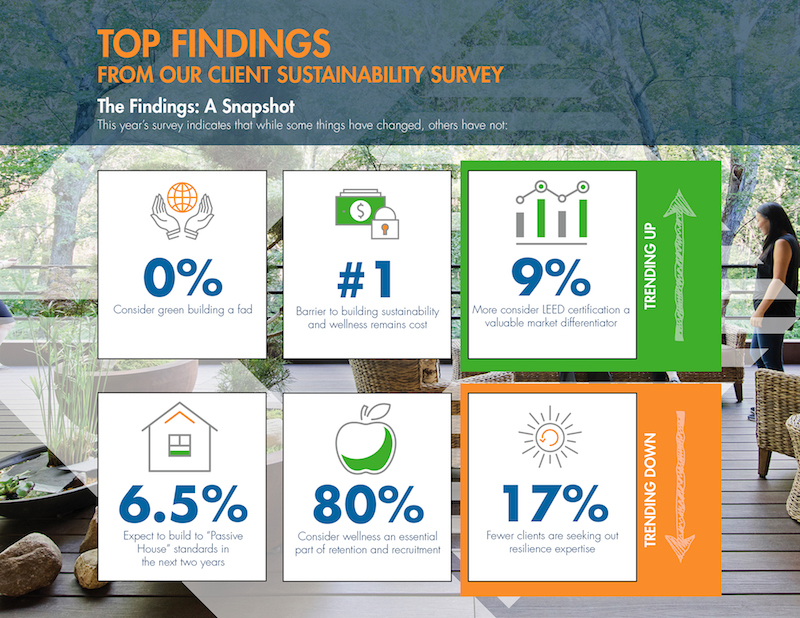
Sustainability is becoming mainstream, and LEED certification is still the gold standard in commercial real estate, according to Structure Tone's survey. Image: Structure Tone.
That being said, the No. 1 barrier to building green remains its cost for an overwhelming number of those polled. And there are still limits to how green the real estate and property management communities want to take their buildings. Only 11% of the survey respondents said their companies have policies that support progress toward Net-Zero Energy in the building sector. This is a slight downward movement from the previous year of 15%. “Surprisingly, 31% of respondents did not know if they have real estate in cities that have community-wide Net Zero goals,” Structure Tone reports.
Cost might also explain why the number of respondents who think resilience is important fell to 54%, from 61% last year. And 17% fewer respondents said they are seeking resilience expertise on their projects. (The survey was open to responses from March 1 through June 19, just months before Hurricanes Harvey, Irma, and Maria did their damage, and an 8.1-magnitude earthquake rocked Mexico City.)
Taranto tells BD+C that she was “surprised” by the lower responses about resilience. However, she also notes that the survey is in line with attitudes Structure Tone continues to encounter in the field from some clients that have yet to give resilience closer scrutiny.
Conversely, more real estate and property management professionals are embracing wellness as a standard for their buildings to pursue. More than 80% of those polled cited wellness as a relevant factor in recruiting and retaining employees. More than half of the respondents said they planned to seek expertise to devise wellness strategies for their buildings.
“Wellness is certainly coming to the forefront,” says Taranto.
Leading this charge is the International WELL Building Institute, which has developed wellness standards for buildings and communities. Water Street Tampa—a $3 billion mixed-use district under construction in Florida that BD+C reports on in a feature article about resilience in our October 2017 issue—on September 5 launched a pilot of the WELL Community Standard. This project, which when completed will have more than 9 million sf of commercial and residential space, is targeting to be the world’s first WELL-certified community.
One-quarter of respondents to Structure Tone’s survey said they were looking to do a WELL project within the next year.
In Structure Tone’s survey, 70% of the respondents work at companies with more than 1,000 employees. Two-thirds of those polled have square footage responsibilities that exceed 1 million sf. The top sector responses came from commercial office, data centers, healthcare, and pharma/life sciences.
Related Stories
Mechanical Systems | Jun 16, 2023
Cogeneration: An efficient, reliable, sustainable alternative to traditional power generation
Cogeneration is more efficient than traditional power generation, reduces carbon emissions, has high returns on the initial investment, improves reliability, and offers a platform for additional renewable resources and energy storage for a facility. But what is cogeneration? And is it suitable for all facilities?
Multifamily Housing | Jun 15, 2023
Alliance of Pittsburgh building owners slashes carbon emissions by 45%
The Pittsburgh 2030 District, an alliance of property owners in the Pittsburgh area, says that it has reduced carbon emissions by 44.8% below baseline. Begun in 2012 under the guidance of the Green Building Alliance (GBA), the Pittsburgh 2030 District encompasses more than 86 million sf of space within 556 buildings.
Resiliency | Jun 14, 2023
HUD offers $4.8 billion in funding for green and resilient building retrofit projects
The Department of Housing and Urban Development (HUD) recently released guidelines for its Green and Resilient Retrofit Program (GRRP) that has $4.8 billion for funding green projects.
Steel Buildings | May 19, 2023
New manufacturing processes can make steel construction a greener option and add U.S. jobs
“Green steel” that is manufactured using hydrogen generated with renewable energy makes its use as a building material more feasible for environmentally conscious designers and clients. Sustainable manufacturing processes, which are economically viable in the U.S., could also revive steelmaking in the country as the metal becomes more attractive for green building.
Office Buildings | May 15, 2023
Sixteen-story office tower will use 40% less energy than an average NYC office building
This month marks the completion of a new 16-story office tower that is being promoted as New York City’s most sustainable office structure. That boast is backed by an innovative HVAC system that features geothermal wells, dedicated outdoor air system (DOAS) units, radiant heating and cooling, and a sophisticated control system to ensure that the elements work optimally together.
Headquarters | May 9, 2023
New Wells Fargo development in Texas will be bank’s first net-positive campus
A new Wells Fargo development in the Dallas metroplex will be the national bank’s first net-positive campus, expected to generate more energy than it uses. The 850,000-sf project on 22 acres will generate power from solar panels and provide electric vehicle charging stations.
Senior Living Design | May 8, 2023
Seattle senior living community aims to be world’s first to achieve Living Building Challenge designation
Aegis Living Lake Union in Seattle is the world’s first assisted living community designed to meet the rigorous Living Building Challenge certification. Completed in 2022, the Ankrom Moisan-designed, 70,000 sf-building is fully electrified. All commercial dryers, domestic hot water, and kitchen equipment are powered by electricity in lieu of gas, which reduces the facility’s carbon footprint.
Mass Timber | May 1, 2023
SOM designs mass timber climate solutions center on Governors Island, anchored by Stony Brook University
Governors Island in New York Harbor will be home to a new climate-solutions center called The New York Climate Exchange. Designed by Skidmore, Owings & Merrill (SOM), The Exchange will develop and deploy solutions to the global climate crisis while also acting as a regional hub for the green economy. New York’s Stony Brook University will serve as the center’s anchor institution.
Concrete Technology | Apr 24, 2023
A housing complex outside Paris is touted as the world’s first fully recycled concrete building
Outside Paris, Holcim, a Swiss-based provider of innovative and sustainable building solutions, and Seqens, a social housing provider in France, are partnering to build Recygénie—a 220-unit housing complex, including 70 social housing units. Holcim is calling the project the world’s first fully recycled concrete building.
Green | Apr 21, 2023
Boston to adopt stringent climate-friendly building code
Boston will soon adopt a new stringent green state building code that aims to significantly reduce carbon emissions in new construction and major renovations.


